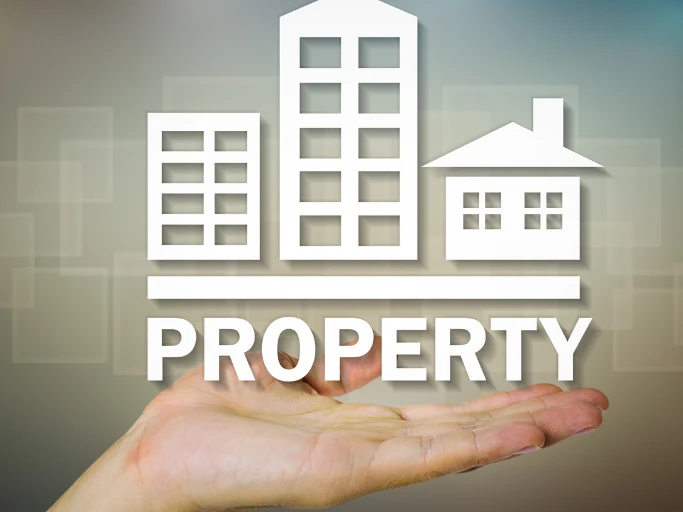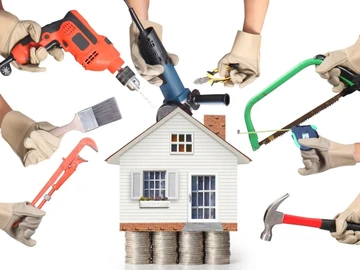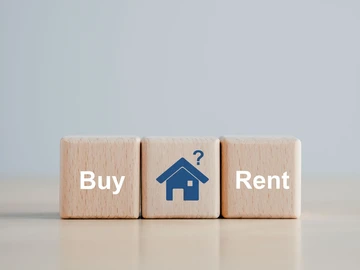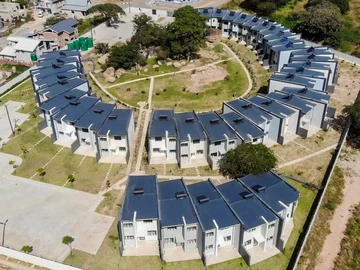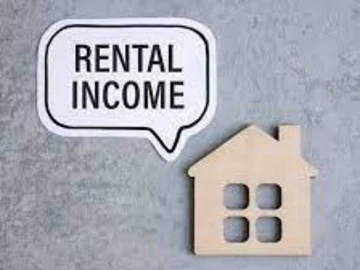Building a property portfolio is one of the most reliable ways to generate long-term wealth and achieve financial security. With Zimbabwe’s real estate market experiencing a steady increase in property values, investing in property can offer both passive income and capital appreciation.
According to property.co.zw, the average house price in Harare’s northern suburbs increased by 12% in 2023, while rental yields in high-demand areas like Borrowdale, Avondale, and Mount Pleasant range between 7% and 10% annually. For those looking to enter the market, understanding the right strategies, financing options, and locations is crucial.
What is a Property Portfolio?
A property portfolio is a collection of real estate assets owned by an investor or a company. These properties can be:
- Residential: Houses, townhouses, and apartments.
- Commercial: Office spaces, retail stores, and mixed-use developments.
- Industrial: Warehouses, factories, and logistics hubs.
The main objective of a property portfolio is to generate rental income (rental yield) and/or achieve capital appreciation (increase in property value over time). Zimbabwe’s urban population is growing at 2.3% per year, fueling housing demand and creating investment opportunities.
Setting Your Investment Goals
Before buying your first property, it’s essential to define your investment goals:
- Are you looking for passive income or long-term capital growth?
- What is your budget, and how much can you invest upfront?
- What level of risk are you comfortable with? (E.g., low-risk rental properties vs. high-risk speculative investments)
- What type of property best suits your strategy? (E.g., residential rentals, commercial spaces, or a mix)
- What is your investment timeframe? (E.g., short-term flips vs. long-term holdings)
Developing Your Investment Strategy
1️⃣ Market Research: Know the Numbers
Before investing, research property prices, rental yields, and vacancy rates.
- Harare CBD office spaces have a 15-20% vacancy rate, making them riskier investments.
- Residential rental demand remains strong, with 2-bedroom apartments in Borrowdale fetching $900–$1,200 per month.
- High-density suburbs like Budiriro and Kuwadzana offer lower entry costs, with rental yields of 8–12% per year.
💡 TIP: Use property.co.zw to analyze pricing trends and identify high-growth areas.
2️⃣ Choosing the Right Property Type
- Apartments & townhouses: Lower maintenance, high rental demand.
- Stand-alone houses: Potential for capital growth but require more maintenance.
- Commercial properties: Higher returns but come with higher risks and longer vacancies.
3️⃣ Financing: How to Fund Your Investments
Many investors struggle with financing. Here are some common methods:
- Mortgages: Local banks like CBZ and CABS offer home loans, but interest rates can be as high as 20-25% per annum.
- Developer Payment Plans: Some developers offer flexible installment plans for off-plan projects.
- Equity Financing: If you already own property, consider refinancing to unlock equity for new investments.
4️⃣ Location, Location, Location!
The right location can determine your success. Factors to consider:
- Proximity to economic hubs (e.g., Harare CBD, Borrowdale, Victoria Falls)
- Access to amenities (e.g., shopping centers, schools, hospitals)
- Future infrastructure projects (e.g., roads, airports, SEZ developments)
🔎 Top Locations for Investment (2024):
- High-income: Borrowdale, Mt. Pleasant, Greendale
- Mid-income: Hillside, Waterfalls, Westgate
- Emerging hubs: Ruwa, Norton, Mazowe
5️⃣ Due Diligence & Legal Considerations
- Check title deeds and ownership records.
- Verify land tenure (freehold vs. leasehold).
- Understand property taxes and legal fees.
⚠️ DID YOU KNOW? In Zimbabwe, 75% of property disputes arise due to title deed issues. Work with a lawyer to avoid legal complications.
Building and Managing Your Portfolio
Start Small & Scale Up
- Begin with 1-2 properties before expanding.
- Focus on cash-flow-positive investments.
- Leverage capital appreciation to refinance and expand.
Managing Your Properties
- Hire a property manager if you own multiple properties.
- Screen tenants thoroughly to reduce vacancy rates.
- Stay on top of maintenance to preserve value.
💡 TIP: A well-maintained property retains 5-10% more value over time.
Key Challenges & Considerations in Zimbabwe
1️⃣ Land Tenure & Title Deeds
Land tenure in Zimbabwe can be complex. Always ensure you buy properties with clear, transferrable title deeds.
2️⃣ Currency Volatility & Economic Conditions
Zimbabwe’s currency fluctuations affect property prices and rental income. Some landlords prefer USD rentals to mitigate risk.
3️⃣ Political & Regulatory Risks
Stay informed about government policies affecting real estate, such as new land use regulations or tax laws.
Conclusion: Take the First Step Today!
Building a successful property portfolio in Zimbabwe requires careful planning, research, and patience. By setting clear investment goals, choosing the right locations, and managing your properties wisely, you can achieve long-term financial security.
Start your real estate investment journey today with property.co.zw!
 Continue with Facebook
Continue with Facebook
 Continue with Email
Continue with Email

